(ECNS) -- Chinese paleogeneticist Fu Qiaomei was awarded the UNESCO–AI Fozan International Prize for the Promotion of Young Scientists in Science, Technology, Engineering and Mathematics (STEM) on Monday for her seminal work on the history of early humans in Eurasia, according to the Chinese Academy of Sciences (CAS).
According to the Institute of Vertebrate Paleontology and Paleoanthropology of the CAS, Fu, a paleogeneticist at the institute, has been exploring human origins and evolution via ancient DNA.
Through her decade-long research, Fu has contributed significant insights to the history and biology of humans in Eurasia, and innovative developments in related methodology, the CAS said.
Her research has been included among the 10 key events in science selected by Nature, Ten New Things We Learned About Human Origins by Smithsonian Magazine, as well as 10 great progresses in science made by China.
As the first young scientist to win the prize, Fu has drawn applause for China and her studies have important international influence in the field of scientific and technological innovation.
Fu, together with four other young scientists, stood out among 2,500 candidates from across the world. The other four are Abdon Atangana from Cameroon, HeshamOmran from Egypt, JelenaVladic from Serbia, and Federico Ariel from Argentina.
The UNESCO-Al Fozan International Prize gives recognition to the achievements of young people that are conducive to socio-economic transformation and development on a global scale. Its purpose is to encourage youth participation in STEM, in particular women and girls, so as to promote gender equality, scientific literacy and the choice of a scientific career.











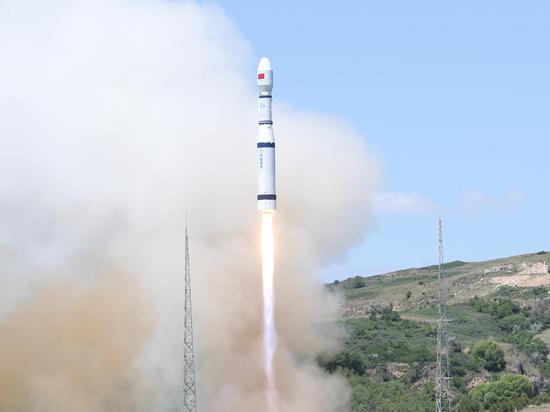
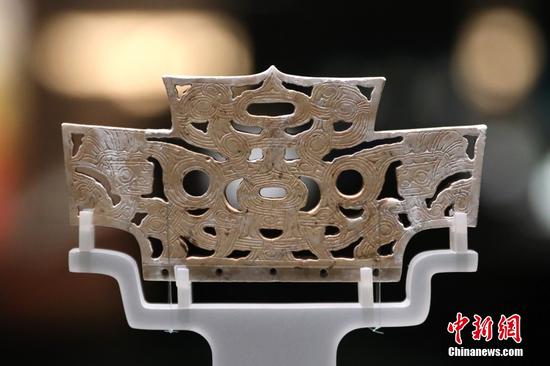
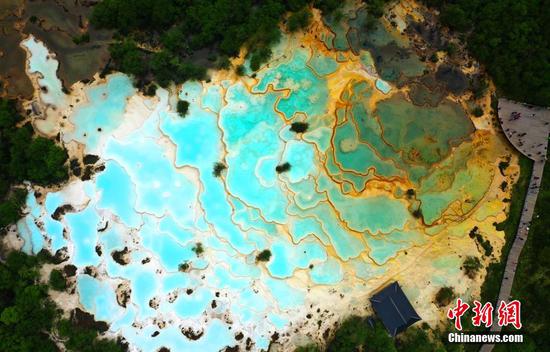

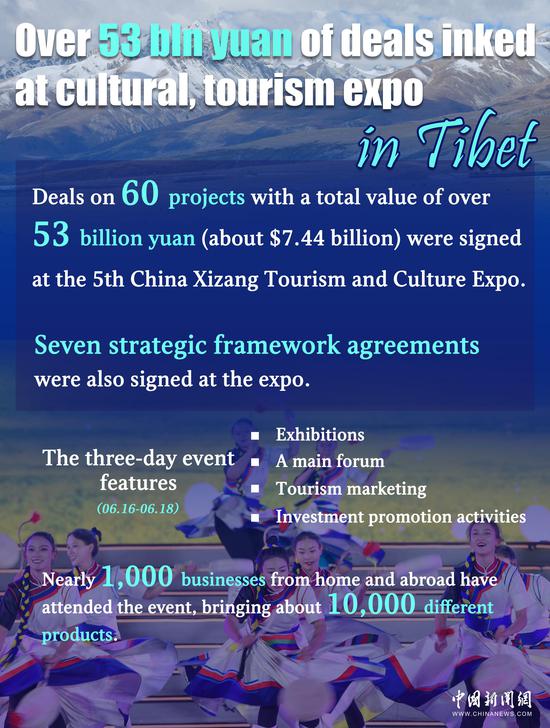
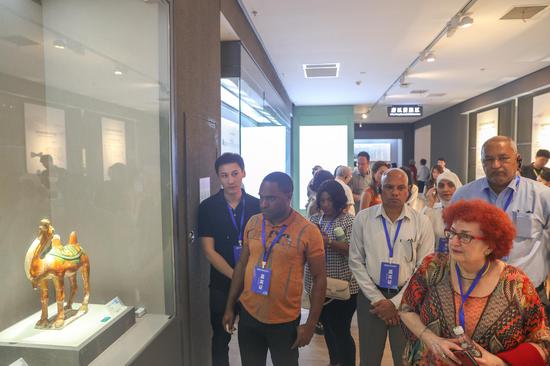
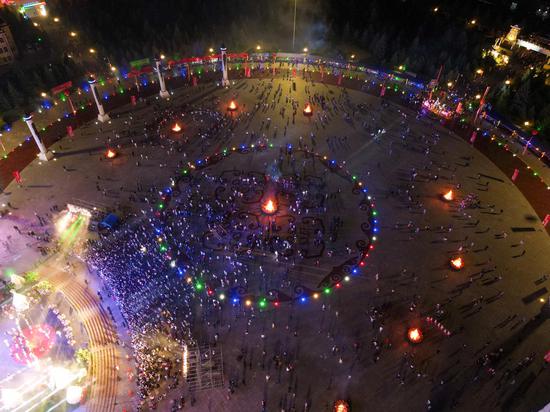

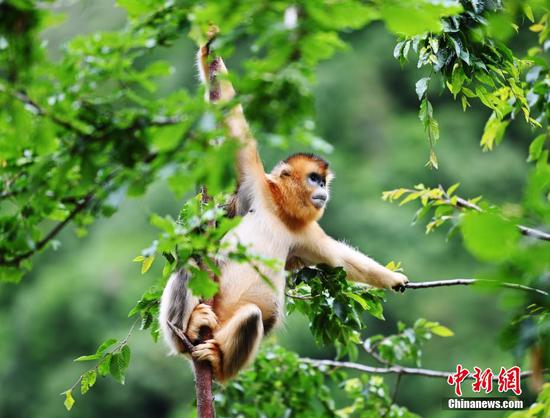

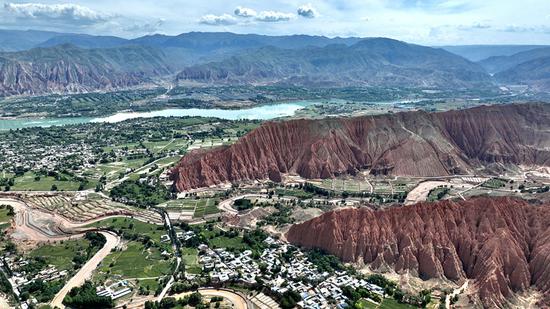
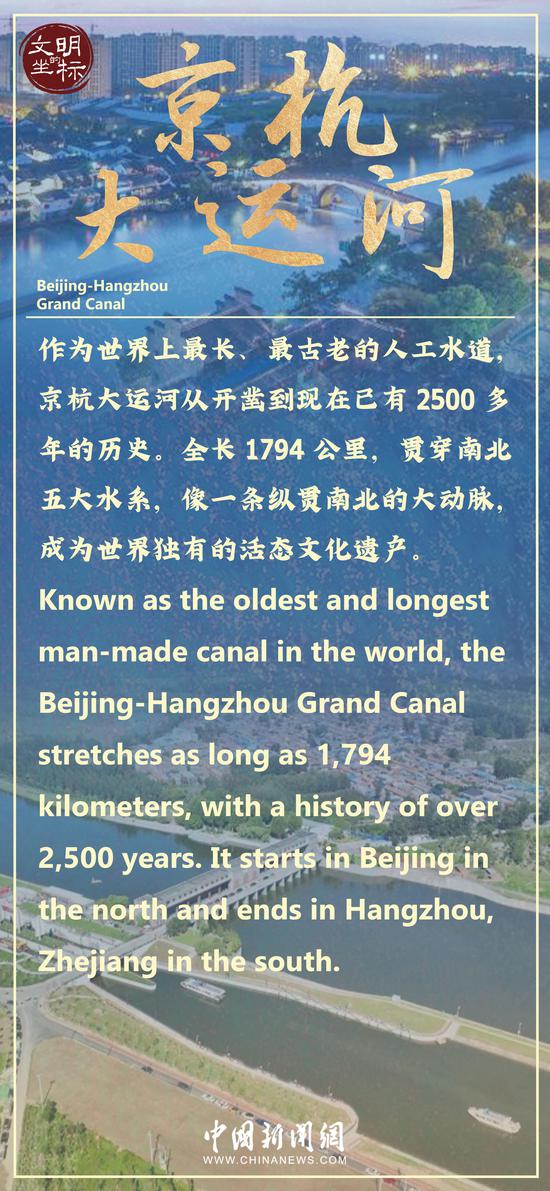
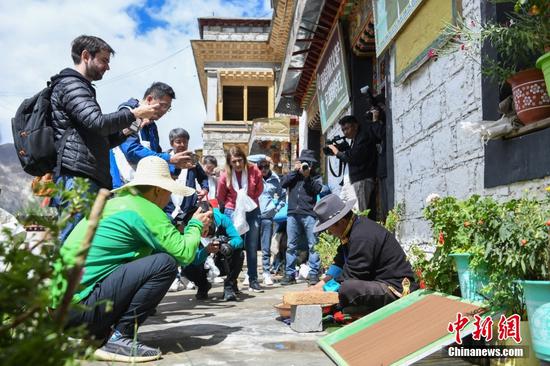



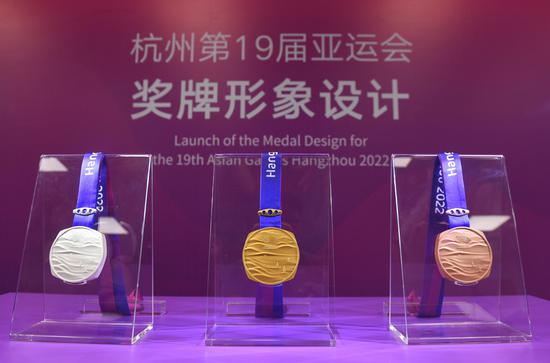


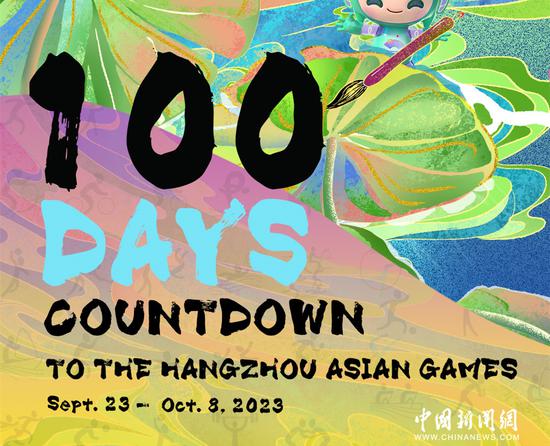
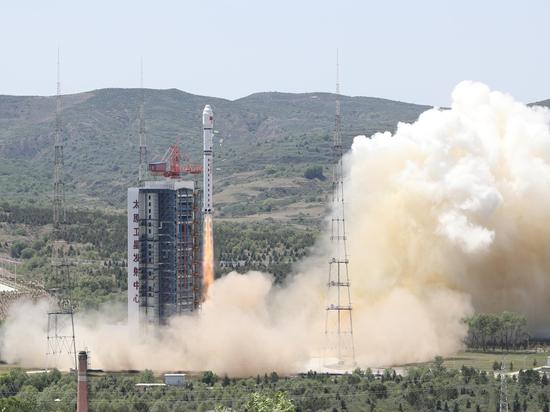



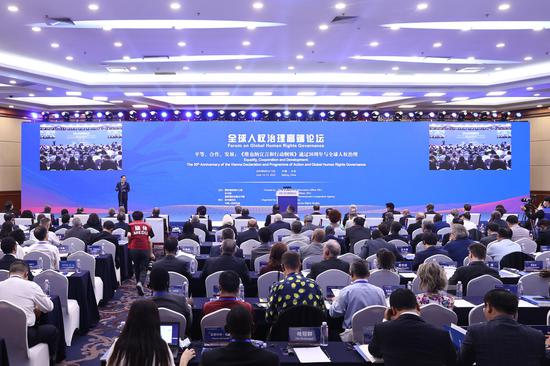

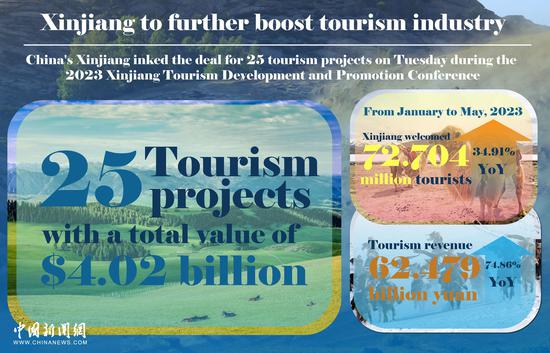
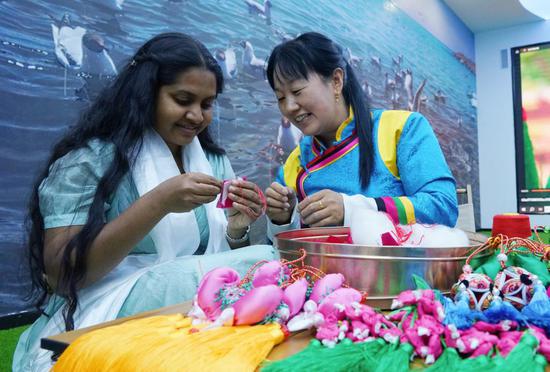

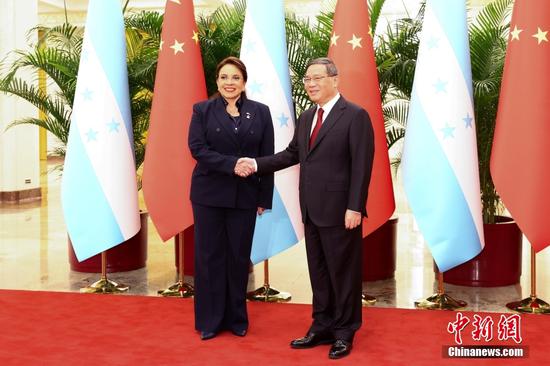


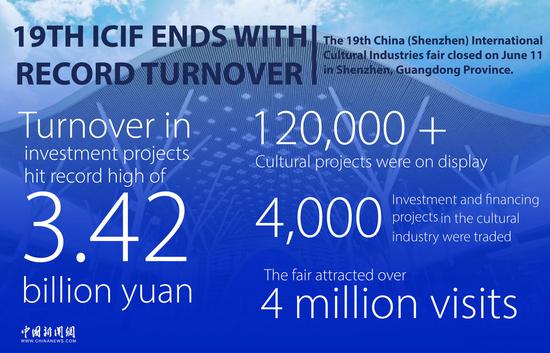




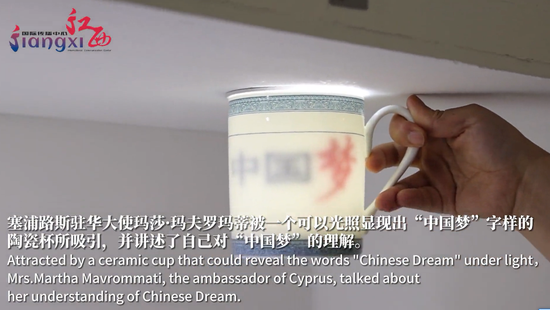

 京公网安备 11010202009201号
京公网安备 11010202009201号